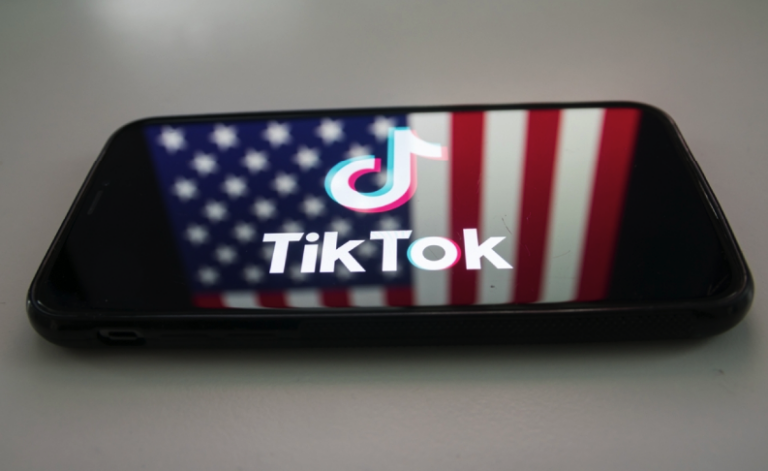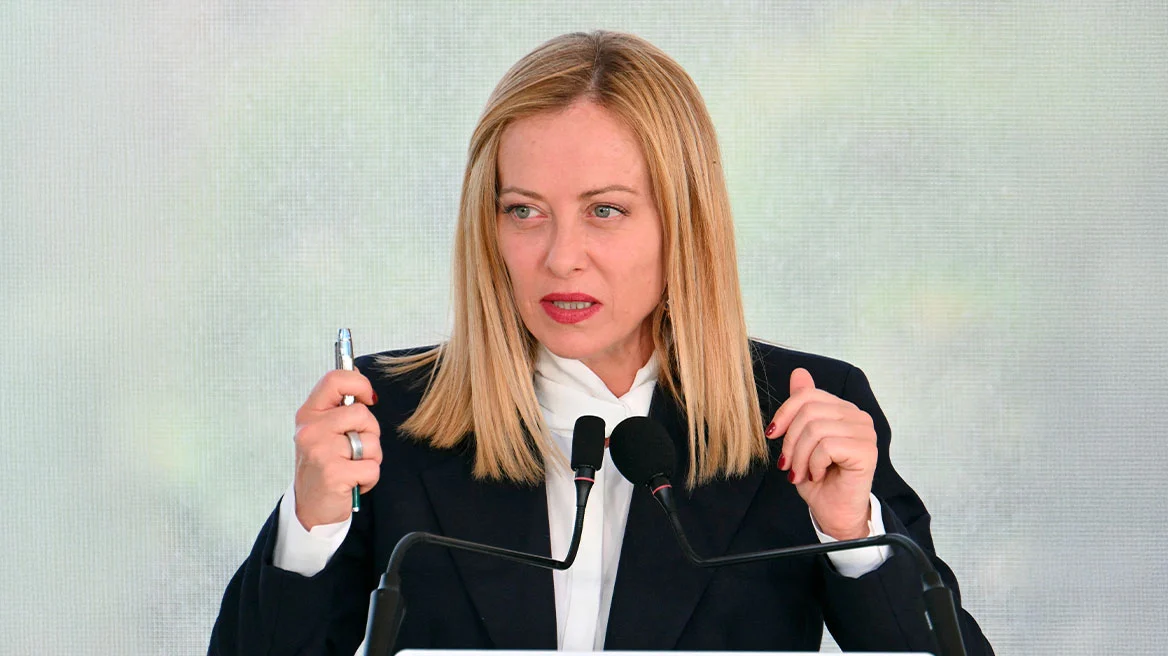The US took another step towards banning TikTok yesterday, Wednesday, after the House of Representatives passed a bill calling for the social networking medium to sever its ties with China.
This is a significant development for the platform, although the outcome of the vote in the Senate, whose approval is necessary for it to become law, is not certain.
For its part, Beijing today assured that it will take “all necessary measures” to protect Chinese businesses.
“The US must (…) stop pressures aimed at driving foreign companies” from its market, a spokesman for the Chinese Ministry of Commerce said, warning that China would “take all necessary measures” to defend its businesses.
“The bill passed by the US House of Representatives puts the US on a course contrary to the principle of fair competition and international rules on economy and trade,” said Wang Wenbin, a spokesman for the Chinese Foreign Ministry.
“If the pretext of national security can be used to arbitrarily oust successful enterprises of other countries, then there is neither equality nor justice,” Wang complained.
Faced with the threat of a ban, TikTok chairman and CEO Su Zhi Chiu called on the 170 million users of the medium in the US to react en masse.
“Make our voice heard,” he wrote on TikTok and X after the vote in the House.
“We will not stop standing up for ourselves and will continue to do everything we can, including exercising our legal rights, to protect this amazing platform we created with you,” he added.
He estimated that the bill puts “300,000 jobs” in the US at risk, threatening in particular to deprive “billions of dollars” in revenue from “small businesses that depend on TikTok”.
TikTok has been in the sights of US authorities for months, with many officials suggesting that the platform allows Beijing to spy on and manipulate its 170 million users in the US, something the company categorically denies.
The company has repeatedly assured that it has not received any such requests from Beijing and stresses that even if it does, it will refuse to disclose personal data of its users.
‘Secret’ procedure
The bill, adopted by a large majority of 352 votes to 431, “does not ban TikTok”, House Democratic leader Hakim Jeffries assessed.
“It is intended to provide solutions to legitimate national security and data protection issues related to the Chinese Communist Party’s relationship with a social media outlet,” he explained.
“This process was conducted in secret and the bill was presented exceptionally for one reason: it is a ban,” a TikTok spokeswoman denounced for her part.
However, the fate of the bill in question remains uncertain in the Senate, where influential senators have expressed their opposition to such an extreme measure at the expense of a hugely popular app.
US President Joe Biden has stated that if the bill passes the Senate, he will sign it.
The bill forces ByteDance, the Chinese parent company of TikTok, to sell the app within 180 days, otherwise it will be taken off Apple and Google’s online stores in the US.
So far, no potential buyer has officially come forward.
Moreover, it is difficult to estimate the value of TikTok, especially in the event of a forced sale of the app.
In 2020, ByteDance had set a price of $60 billion when Donald Trump’s administration had asked it to sell the platform, according to Bloomberg.
Freedom of expression
Several US states and the federal government have banned the app on the official phones of public officials, citing national security risks.
Former President Trump abruptly changed his stance on Monday, stating that he opposes banning TikTok, mainly because doing so would strengthen Meta, owner of Facebook and Instagram, which he has called an “enemy of the people.”
In 2020, Trump had tried to wrest TikTok from ByteDance’s control before he was blocked by the US judiciary.
Canadian law would allow judges to hand down life sentences for “speech crimes”
The Republican, who is running again in November’s presidential election, has denied allegations that he changed his stance because a major TikTok investor Jeff Yas threatened to stop donating to the campaigns of party candidates.
Other attempts to ban TikTok by the US federal authorities have also failed, mainly due to concerns about freedom of expression.
The implementation of a law adopted in May by the state of Montana that banned the platform was suspended by a federal court in November as it was found to be contrary to Americans’ constitutional right to freedom of expression.
Ask me anything
Explore related questions





